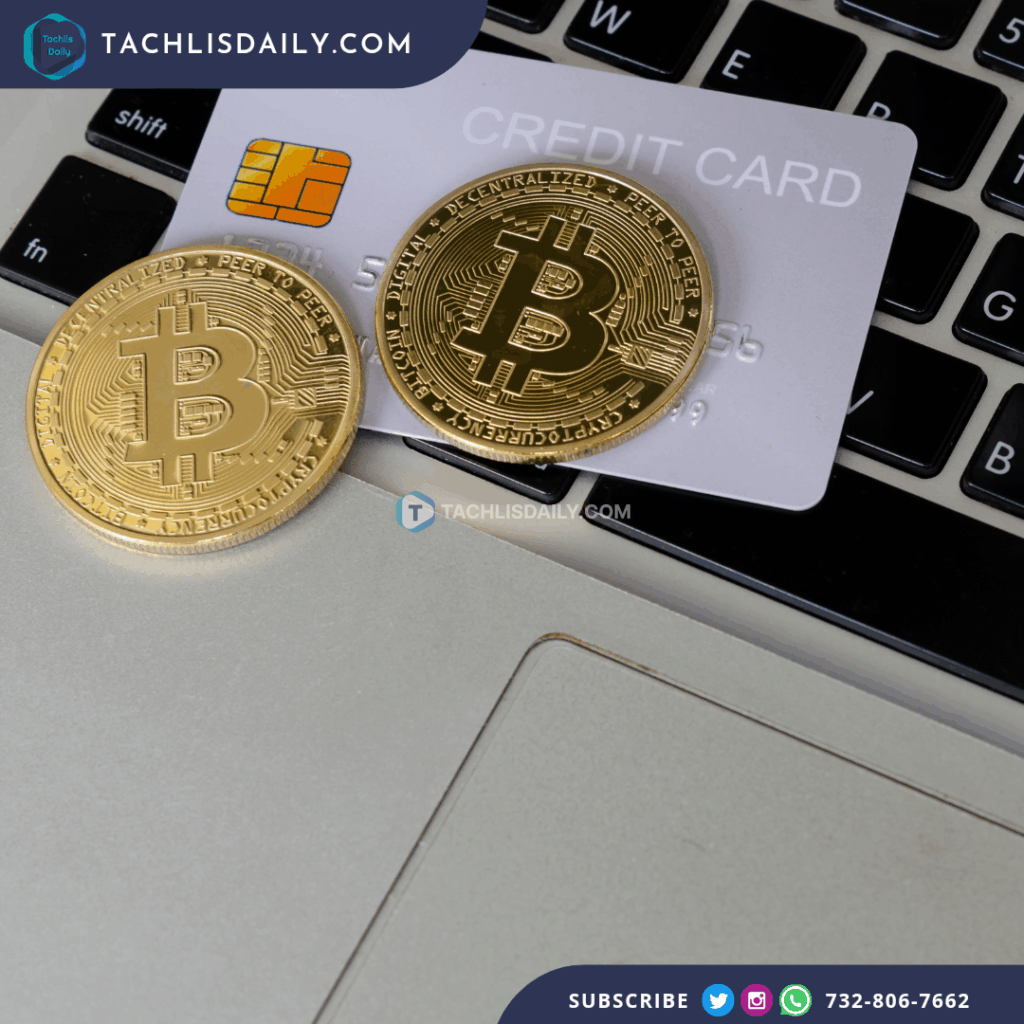Public companies have once again surpassed exchange-traded funds (ETFs) in bitcoin accumulation, marking the third consecutive quarter of aggressive corporate buying as firms look to emulate a successful treasury strategy in an increasingly favorable regulatory climate.
According to recent data, public companies grew their bitcoin holdings by approximately 18% in the second quarter of 2025, adding around 131,000 BTC to their collective balance sheets. In contrast, bitcoin ETFs saw an 8% increase, amounting to about 111,000 BTC during the same period.
This divergence signals a broader shift in corporate strategy. While ETF investors typically use bitcoin for diversified portfolio exposure, public companies are leveraging bitcoin as a strategic asset to increase shareholder value and tap into capital markets. “They don’t really care if the price is high or low,” said Nick Marie, head of research at Ecoinometrics. “They’re focused on building their bitcoin treasury, which appeals to proxy buyers and positions the company more attractively.”
A significant catalyst behind this corporate movement is a friendlier regulatory environment. In March, President Donald Trump issued an executive order establishing a U.S. bitcoin reserve, a clear endorsement that has boosted institutional confidence. Since then, notable firms such as GameStop have begun integrating bitcoin into their treasuries, while others like KindlyMD have undergone mergers to align with bitcoin-focused investment strategies.
Strategy, the rebranded version of MicroStrategy, continues to dominate the space, holding nearly 597,000 BTC—by far the largest share of any public company. Bitcoin mining firm Mara Holdings follows with a stash of nearly 50,000 coins. Strategy’s scale and liquidity give it an edge in attracting institutional capital, but smaller equities are increasingly viewed as high-upside plays by retail and niche institutional investors.
Ben Werkman, Chief Investment Officer at Swan Bitcoin, noted that many of these firms are engaging in a form of financial arbitrage. “They’re not just holding bitcoin they’re using their access to capital markets to acquire more of it, something individual investors can’t easily do,” he said.












